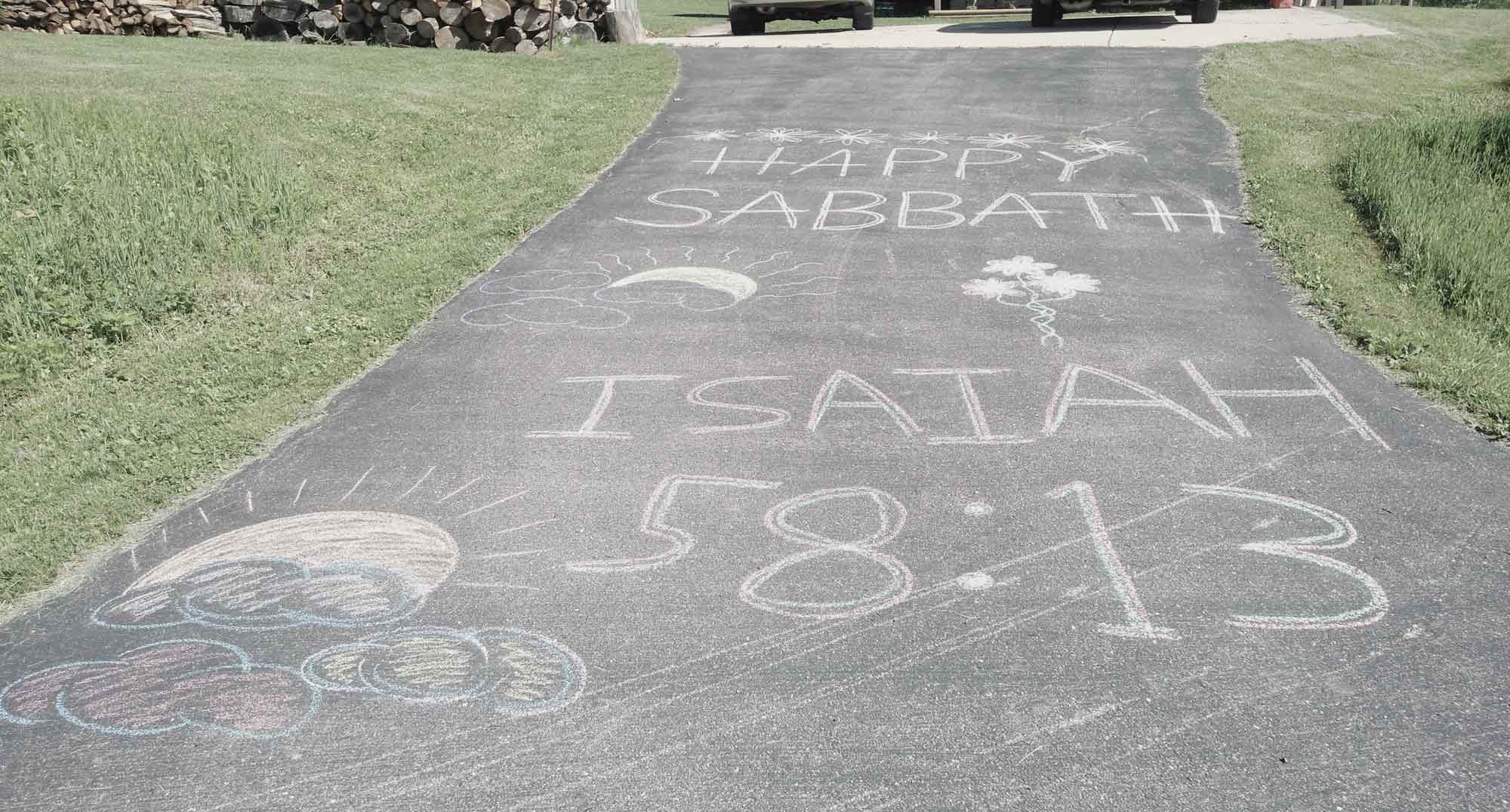Rest and Renewal in Christ
MARIA CURREY | CONTRIBUTOR Summer is upon us and with it comes vacations and times to get away. What speaks rest and renewal to you? Soothing surf-sounds and sand in your toes? Cruising to your dream destination with vacation days sprawling ahead? Manis and pedis at the spa? While rest and renewal may imply luxurious escape, there is a much deeper, eternally lavish rest and renewal offered in Christ. God offers lasting treasures. He gives us physical, spiritual, and emotional rejuvenation, perfectly portioned time which we are encouraged and exhorted to set apart. Rest and renewal are given within God’s pace of grace, gifts wisely given and guarded, when and IF we choose to receive them. Creator Rest Where do we first see rest and by Whom is it reflected? God Himself models rest in Genesis 2:2-3, "And on the seventh day God finished his work that he had done, and he rested on the seventh day from all his work that he had done. So God blessed the seventh day and made it holy, because on it God rested from all his work that he had done in creation.” If God rested after creating, should we not also rest after we work? Do you have a sanctified day of rest? A day set apart to be holy, for sacred purposes...










